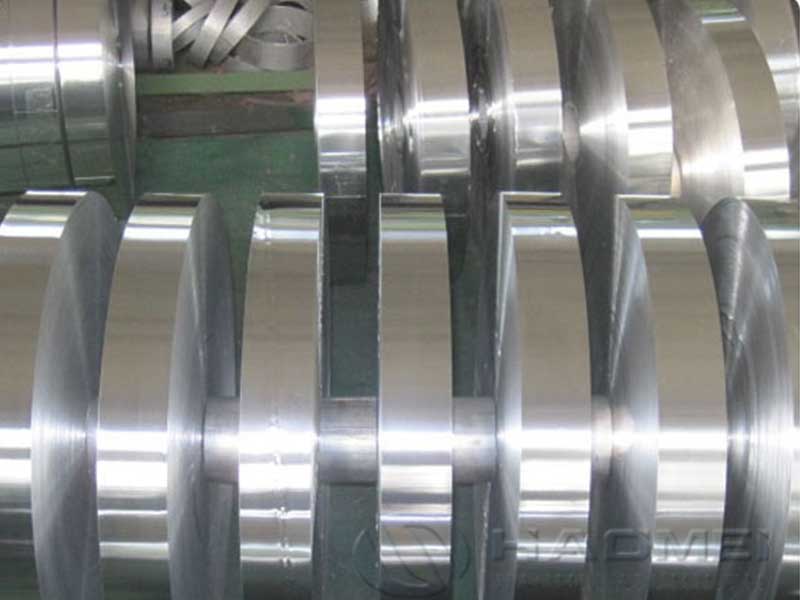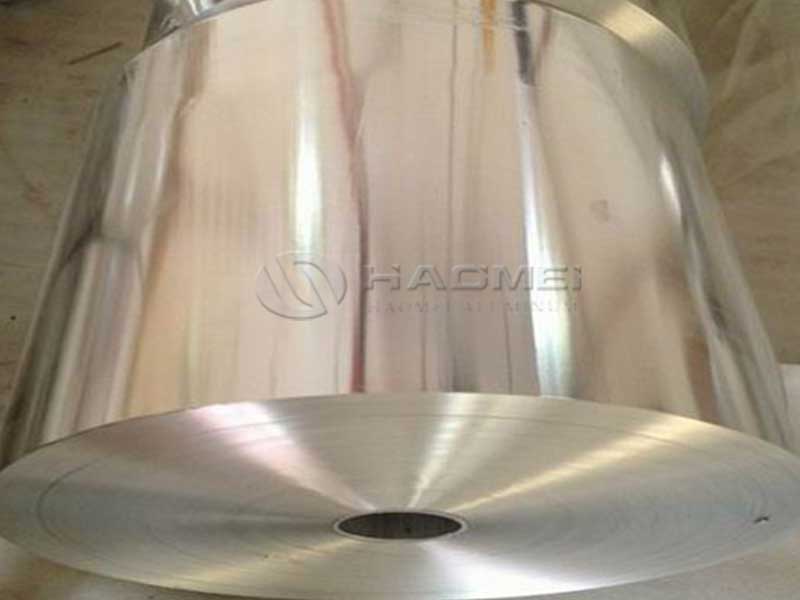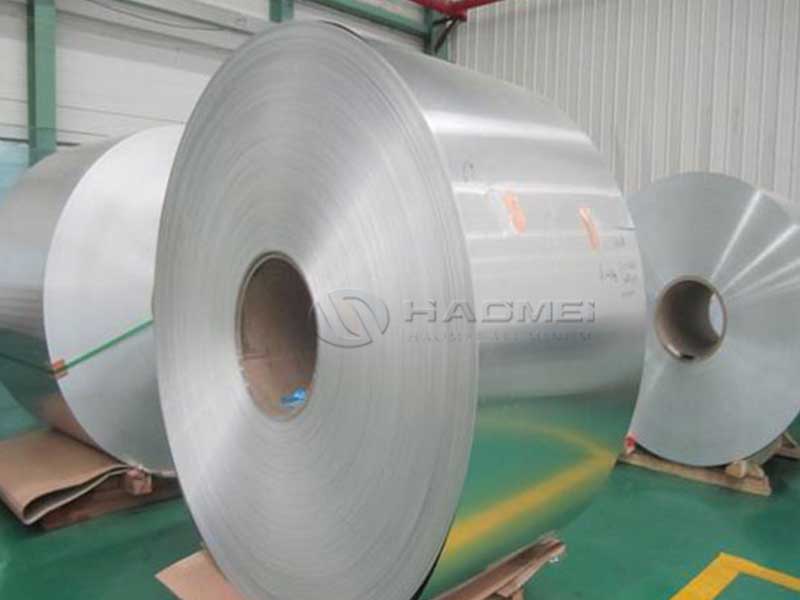Aluminum foil rolls are essential materials across various industries, from food packaging to automotive applications. However, their susceptibility to corrosion can pose significant challenges. Implementing effective anti-corrosion measures not only extends the lifespan of aluminum foil rolls but also enhances their performance in different applications. This article delves into essential anti-corrosion strategies, focusing on their features and applications.
Why Walls Against Corrosion Are Important for Aluminum Foil Rolls
Aluminum foil rolls primarily consist of thin layers of aluminum, which are prone to corrosion when exposed to environmental factors such as humidity, chemicals, and extreme temperatures. Corrosion can lead to pitting, discoloration, and weakening of the material, affecting the overall integrity and functionality. Hence, employing comprehensive anti-corrosion measures is crucial.
Common Anti-Corrosion Measures
1. Barrier Coatings
One of the most effective anti-corrosion measures is the application of barrier coatings. These coatings form a protective layer over the aluminum surface, acting as a shield against environmental elements. Using epoxy or polyurethane coatings can provide excellent protection against corrosion. The coatings help maintain the necessary aluminum characteristics while adding an additional defense layer.
Applications:
Barrier coatings are widely used in food packaging to preserve the quality and extend the shelf life of edible products. They also find applications in pharmaceuticals and sachet packaging where product safety is paramount.
2. Anodization
Anodizing is an electrochemical process that enhances the natural oxide layer of aluminum. Besides improving corrosion resistance, anodization increases surface hardness and provides a more aesthetic finish.
Applications:
This process is vital in constructing lightweight automotive parts, kitchen products, and decorative architectural elements, delivering solid protection and longevity.
3. Corrosion Inhibitors
The use of corrosion inhibitors can substantially mitigate deterioration. Often applied on surfaces before packaging and storage, these chemicals provide a protective solution that helps delay corrosion reactions.
Applications:
Corrosion inhibitors are particularly beneficial in transporting aluminum foil rolls for industrial use, ensuring they maintain integrity throughout their delivery lifecycle.
4. Proper Packaging
Many factors since environmental exposure significantly leads to corrosion, retailers and manufacturers increasingly adopt proper packaging techniques for aluminum foil rolls. Utilizing fully sealed packets or antioxidant-treated wraps can significantly enhance corrosion resistance.
Applications:
Appropriate packaging is especially crucial for aluminum rolls utilized in the food and beverage sector, where exposure to moisture can result in corrosion, adversely affecting food safety and quality.
5. Regular Maintenance and Inspection
Periodic maintenance of aluminum foil-related machinery and storage conditions is another layer of corrosion control. Regular inspections help in early identification of any corrosion signs, allowing for timely mitigation measures.
Applications:
Regular scrutiny is particularly significant at production facilities that utilize aluminum foil, reducing downtime and ensuring production stability across various industrial applications.













